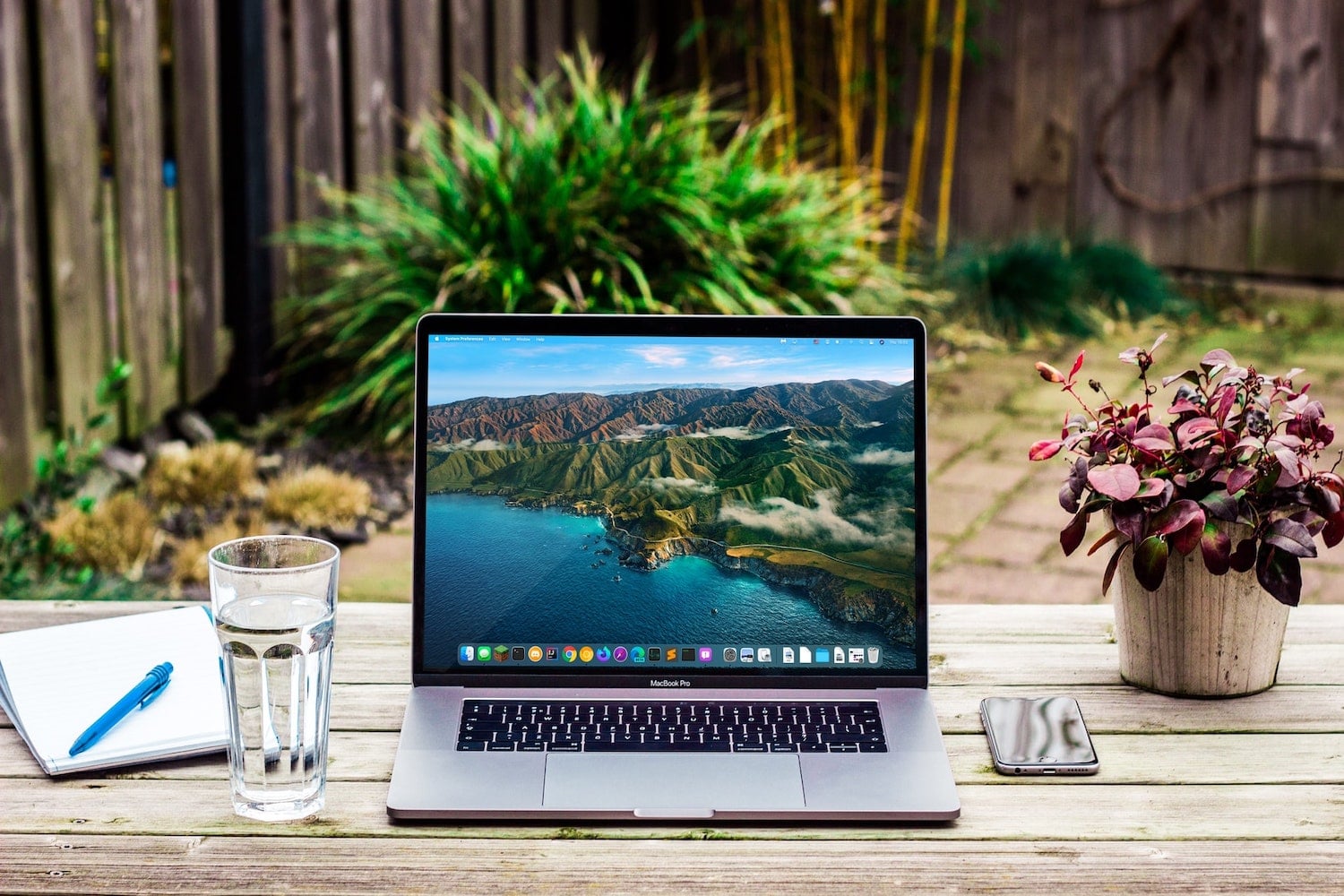Nomadic life has been around for quite some time but saw a recent boom in the wake of the pandemic. With remote work being proven as perfectly feasible combined with pent-up wanderlust, more and more individuals have taken to a phenomenon called “bleisure” travel. In fact, 89% of employees are planning to blend work and fun as they go on trips.
Experts are expecting a continued shift to remote workers and business travelers who prioritize recreation and ease. While this setup comes with many benefits, it also makes proper credit management more important to take care of.
After all, you will need to juggle travel and its necessities along with other financial obligations. Here are a few tips to keep your credit score in good standing while you work remotely, no matter if you’re a freelancer or an employee.

Tips to Manage Your Credit Score When Working Online
Learn About Credit Checks
Understanding the difference between hard vs soft credit checks will make a huge difference. As you manage your own finances directly with a remote setup, you’ll find that credit card companies and lenders will usually do hard credit checks while landlords and potential employers may do soft credit checks.
A hard pull will show up on your credit report and temporarily lower your credit score while a soft one doesn’t show up and won’t affect your standing in any way.
It’s good to know about these factors so that you don’t end up taking on too many hard credit checks within a short period of time. You may also want to keep track of your spending and debt-to-income ratio by doing a soft inquiry yourself.
There’s no limit to how many soft credit checks you can do and lenders won’t be able to see them, so it’s a great way to stay on top of your credit.
Limit Your Lines of Credit
Although there’s nothing inherently bad about having more than one line of credit, having too many hurts your credit score. This is deemed as risky by creditors even if you aren’t actively using every one of your lines of credit.
On top of that, having multiple lines of credit makes payments harder to keep up with. When you limit this, you’ll have a lower risk of missing payments because you either forgot or were just simply unable to keep up.
Keep a Steady Stream of Gigs Handy
Although income doesn’t actually have a direct impact on your score, it does dictate how consistently you are able to pay your bills and any debt. Much of your credit score is based on your financial responsibility and ability to pay off expenses and incurred arrears.
If you’re primarily going to work remotely and travel around, it’s good to keep a pool of clients online. This gives you more freedom to move from region to region as you can secure a profitable project wherever you are. Building your online presence and joining freelancing websites can do wonders in funding a nomadic lifestyle.
Make Sure You Always Pay Bills Efficiently
Your payment habits are the biggest factor in keeping a good credit score. Make sure you prioritize paying your bills on time no matter what. Inflation has made it so that around one in five people have a hard time paying their bills on time.
Despite the economic turmoil that may affect your budget, you can stay on track by marking due dates on your calendar, setting up automatic payments, and dedicating an account to paying bills.
Prioritize Getting Rid of Debt
It’s hard to work remotely and focus on daily obligations when you are still struggling with debt. If you want to keep your credit score at a good level, then make sure you don’t leave your debt on the back burner.
Pay off and finish any loans that you can right away, go for bigger chunks at a time, and consider consolidating your debt to potentially reduce interest.
Avoid Buying Stuff You Don’t Need
One of the biggest steps to becoming a digital nomad is to drop everything you can’t take with you on the road. Sell unnecessary items to get some money on hand and get rid of any expenses that you won’t be actively using.
If you’re traveling elsewhere, stop any subscriptions and recurring bills that you won’t need anymore. You’ll have an easier time maintaining your credit with less.
Opt for Travel Insurance
In 2022, around 79% of travelers experienced problems during a trip.
Although this may not immediately impact your credit score, you may encounter issues that end up needing to be remedied by taking out your money. In the long run, having travel insurance and paying your premium on time just protects and even improves your credit score.
Stay on Top of Fraudulent Activity
As a nomadic worker, you need to be extra aware of suspicious activity that could impact your credit score. This applies to both work opportunities and your financial statement.
Make sure you check your credit report often and report any anomalies right away. In terms of major freelance marketplaces like Upwork, make sure you know how to spot scams like fake job postings, bouncing checks that don’t pay you, and phishing.







